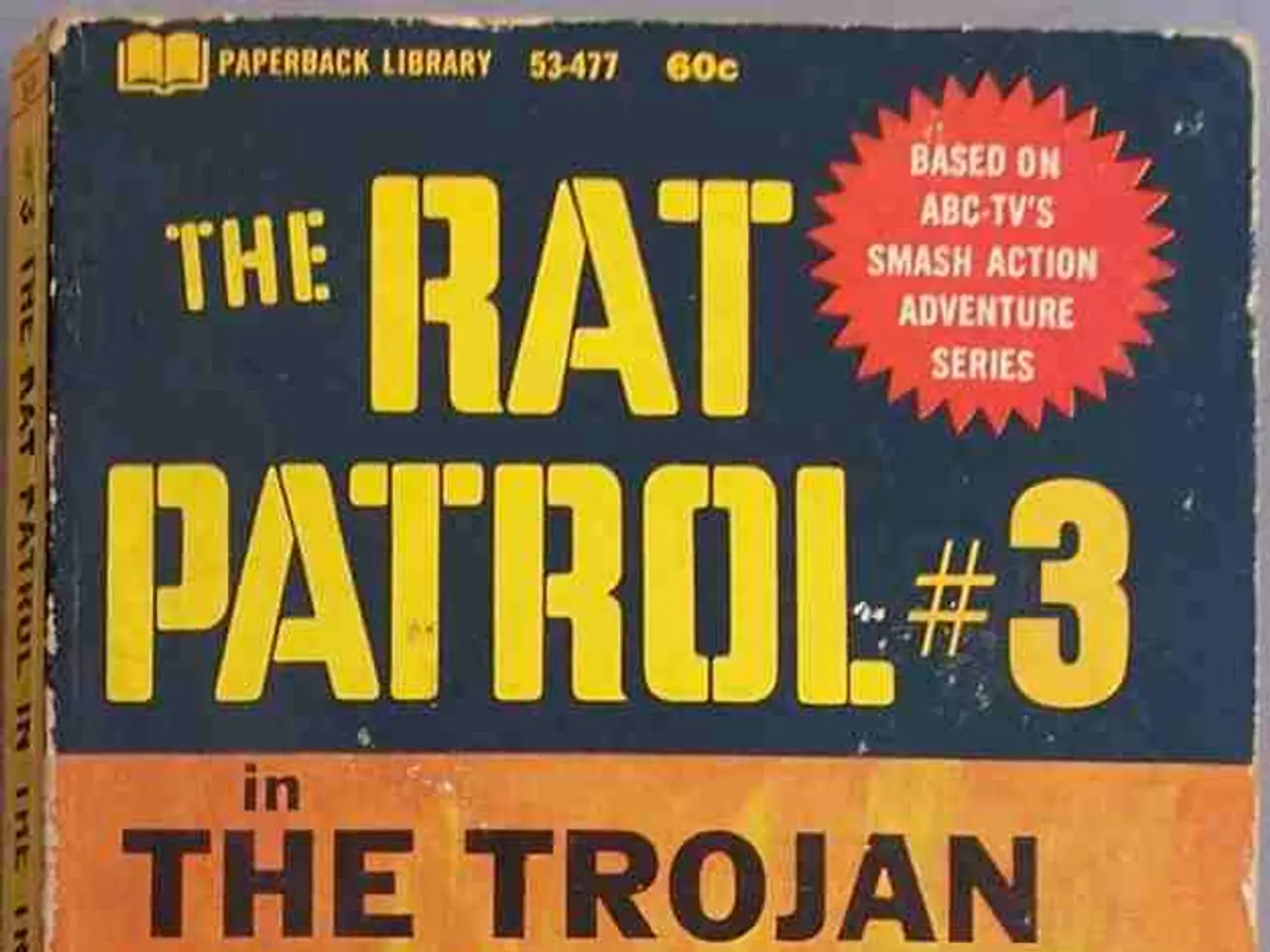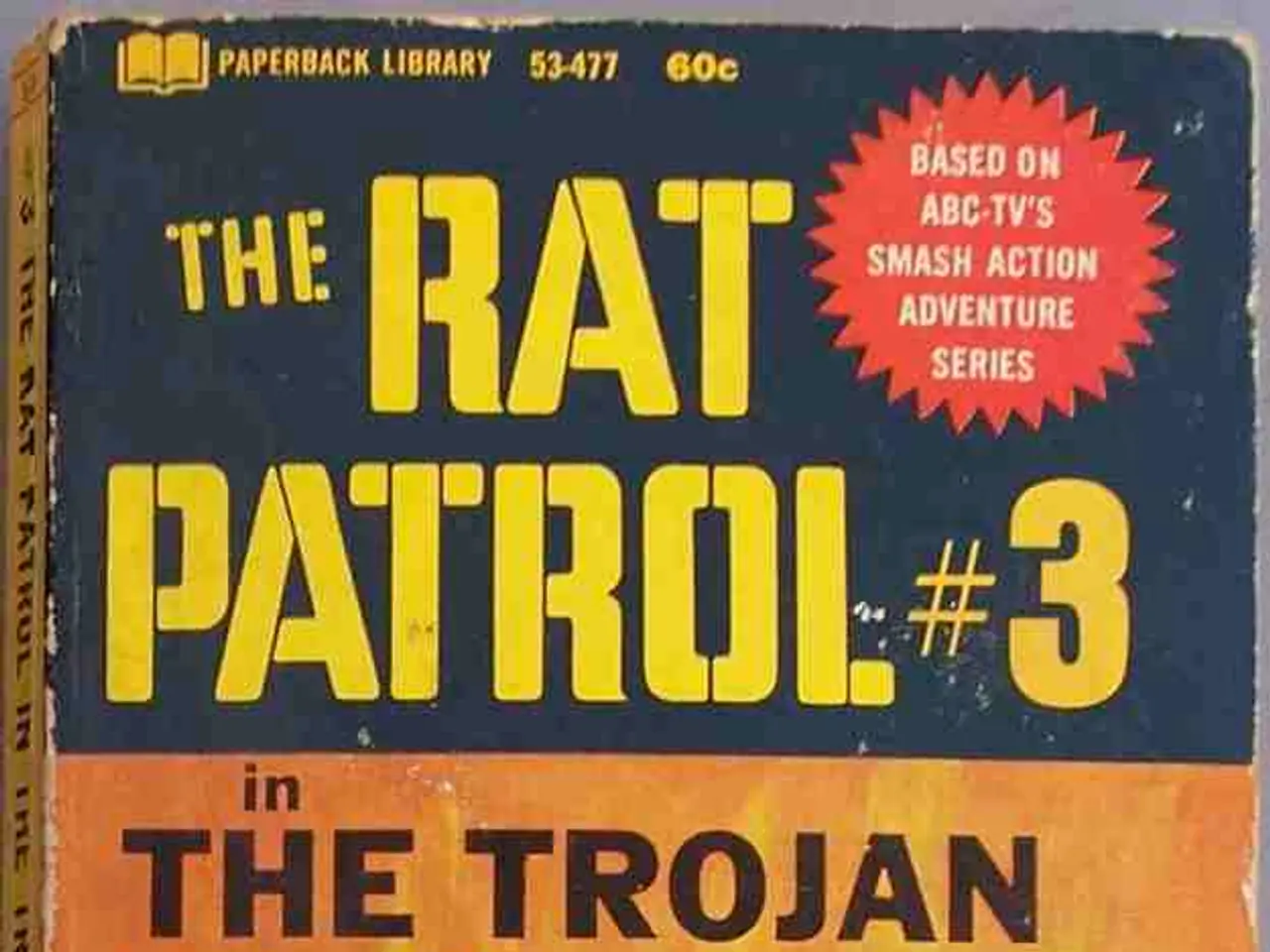Trump on Iran: "They don't want to speak to Europe, They want to talk to us"
Europe lacks the ability to intervene in the Iran conflict, according to Trump's statement.
When it comes to the ongoing conflict between Israel and Iran, President Donald Trump doesn't see a role for European mediation. He believes Iran neither desires nor needs Europe's help to resolve this matter. Trump's stance was clear when he stated, "Iran doesn't want to speak to Europe. They want to talk to us. Europe can't help."
While there have been diplomatic talks happening between Europe and Iran, neither party has disclosed the nature or results of these discussions. Meanwhile, U.S.-Iran contacts are underway, but details remain scarce. The media reports suggest that Trump's special envoy, Steve Witkoff, is in communication with Tehran.
In light of this, German Foreign Minister Johann Wadephul, alongside his French and British counterparts, and the EU foreign policy chief Kaja Kallas, had held talks with Iranian chief diplomat Abbas Araghtschi in Geneva. Their objective was to establish a negotiation path concerning Iran's nuclear program, a week after the commencement of the conflict. Wadephul expressed optimism, stating that the Iranian side appeared open to further discussions on all critical issues.
A Speculation of Diversionary Maneuvers
Trump expressed skepticism towards the European initiative, especially regarding Iran's demand for a ceasefire before negotiations. He found it challenging to justify such a demand for Israel, as Israel currently has the upper hand in the conflict. Trump had earlier announced that he would decide on U.S military intervention within two weeks, but recently stated that two weeks is "the maximum."
While this two-week deadline appears firm, experts suggest it could be a strategic tactic rather than an absolute ultimatum. Trump often deploys flexible timeframes such as 'two weeks' as a tool to buy time, stall, or keep adversaries uncertain. Analysts believe the two-week deadline is more about maintaining strategic ambiguity and leaving room for potential negotiations or other factors rather than a solid deadline for military action[2].
Iranian Foreign Minister Araghtschi echoed this suspicion, stating that the announced two-week deadline for diplomatic efforts may be a ruse. He implied that the U.S. might be feigning an interest in diplomacy, only to potentially attack Iran. Araghtschi suggested that the U.S. needs to make a clear commitment to negotiations or else may have other motives[2].
Regarding Iran's nuclear program, Trump questioned the accuracy of U.S intelligence assessments stating, "If my intelligence agencies are wrong, then they're wrong." Trump's criticism came following comments by Tulsi Gabbard, a U.S. intelligence coordinator, who said in Congress in March that Iran is not currently building a nuclear bomb[2]. However, Iran maintains that its nuclear program is exclusively civilian.
[1] Sources: Reuters, BBC News[2] Additional Enrichment Insights: WSJ[3] Gov.uk, CNBC, CNN, AP News, Guardian, New York Times, AFP, Reuters, BBC News, Politico, Middle East Eye, Al Jazeera, Deutsche Welle, Independent, Financial Times, Time, Al Arabiya, Russian Times, Jerusalem Post, Haaretz, Iran Wire, TASS, NBC News
- The debate over Iran's nuclear program has extended to the accuracy of U.S intelligence assessments, with President Trump questioning their validity and stating, "If my intelligence agencies are wrong, then they're wrong."
- Despite the ongoing dialogue between Europe and Iran, President Trump is skeptical about European mediation in the Middle East conflict, believing it could be a diversionary maneuver by Iran, as suggested by Iranian Foreign Minister Araghtschi.







